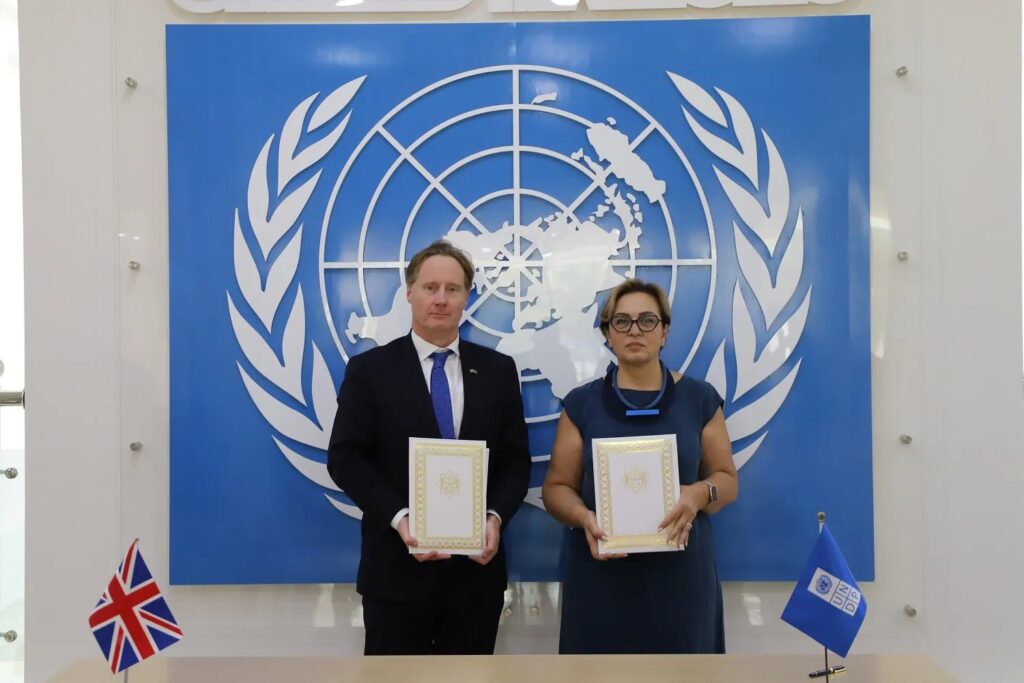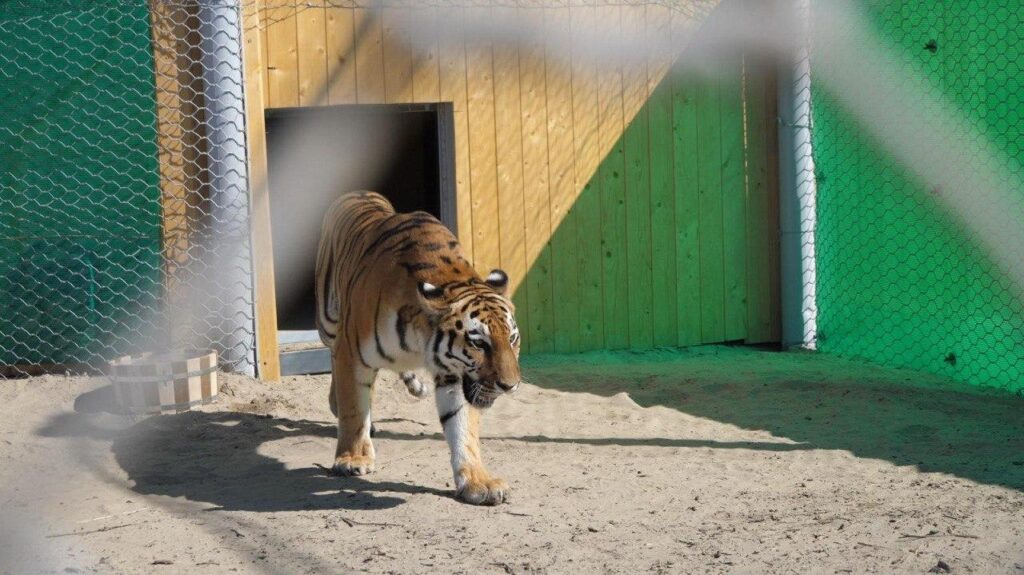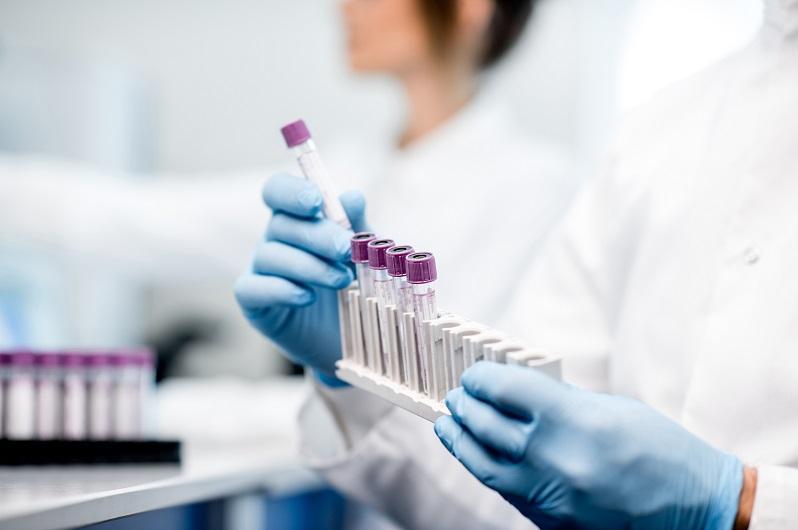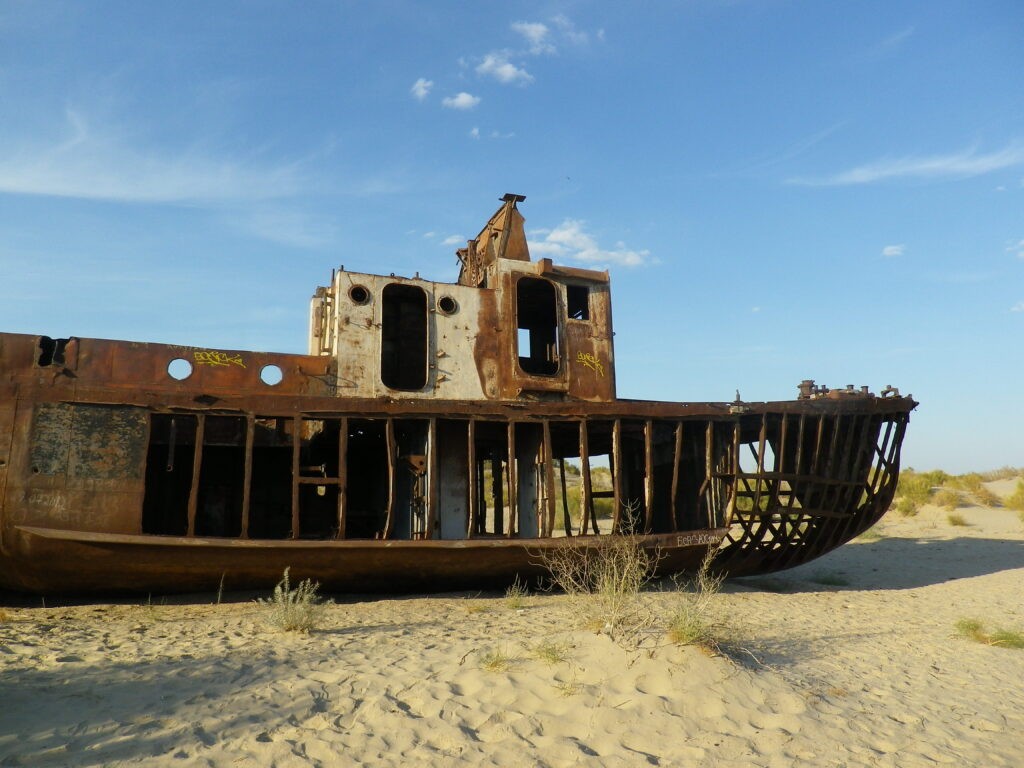Project To Support Women and Youth Launched in Turkmenistan
A new project developed by the United Nations Development Program (UNDP) in cooperation with the British Embassy has been launched in Turkmenistan to support the country's economic diversification and empowerment of women and youth. The project aims to stimulate sustainable economic growth and increase Turkmenistan's global competitiveness by developing a creative and innovative economy. Narine Sahakyan, UNDP Resident Representative in Turkmenistan, emphasized the importance of unlocking the creative sector's potential to achieve economic prosperity. She said stimulating entrepreneurship and innovation will open new economic diversification and growth opportunities. British Ambassador to Turkmenistan, Stephen Conlon also spoke about the importance of the creative economy, noting the UK's experience in this area. Conlon stated that the creative sector contributes to economic growth, strengthens national identity, and supports local communities, especially in rural areas. Within the project framework, the UNDP plans to launch recommendations for the development of the creative economy and support for entrepreneurship and innovation. One of the key events will be a forum on the creative economy, which will bring together representatives of the government, international organizations, and businesses. The forum will be a platform within which to share experiences and discuss legislative measures to support the creative sector. The United Nations Development Program (UNDP) is actively cooperating with Turkmenistan on various projects aimed at sustainable development. One of the key projects deals with managing the consequences of the Aral Sea crisis. Together with the Government of Turkmenistan, the UNDP is implementing a project aimed at preserving ecosystems in the Aral Sea basin, improving the use of land and water resources, and increasing the sustainability of local communities. Another important project is Digital Transformation, which aims to help Turkmenistan implement advanced inter-agency data exchange systems to improve the efficiency of public services.






